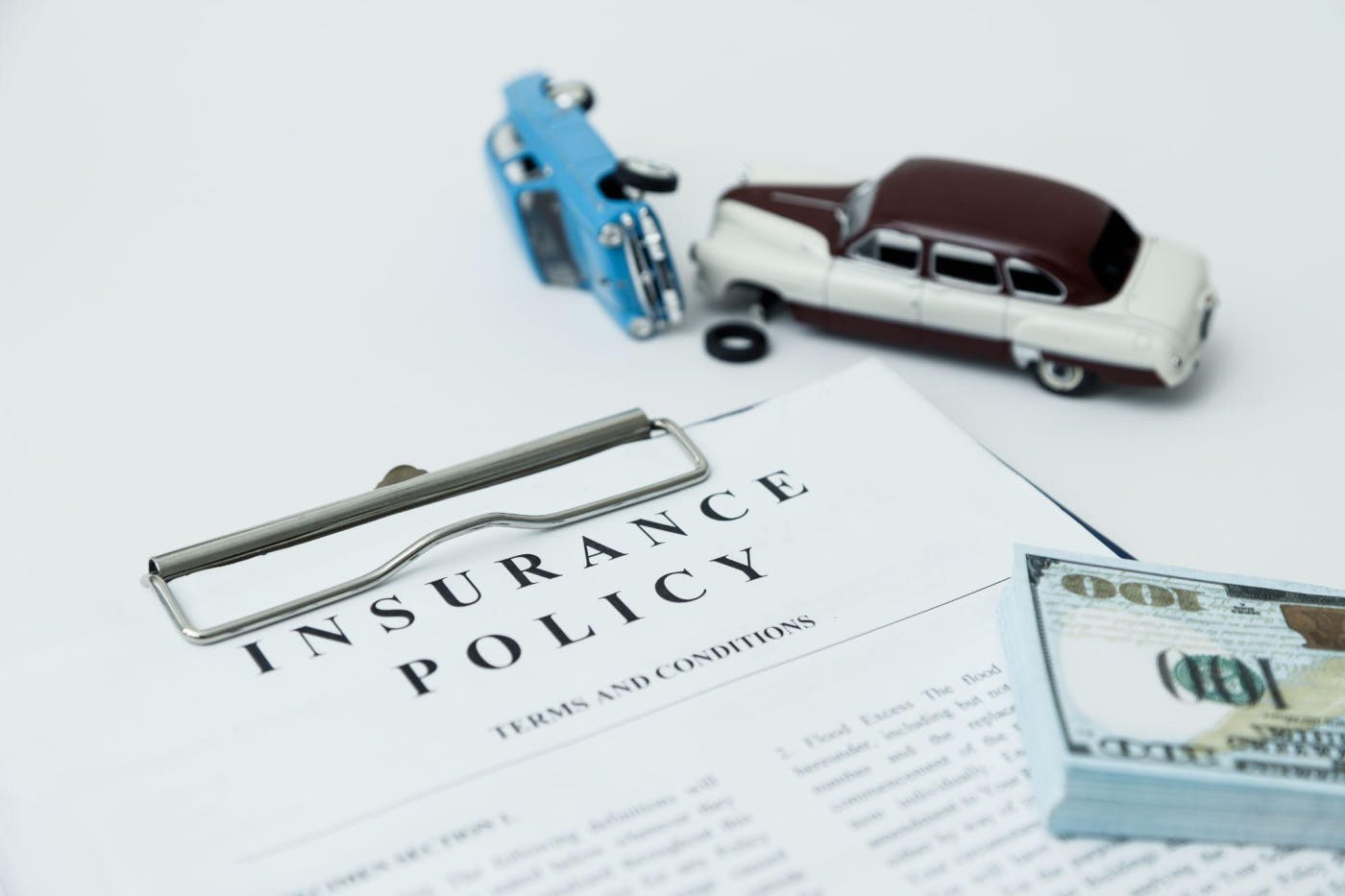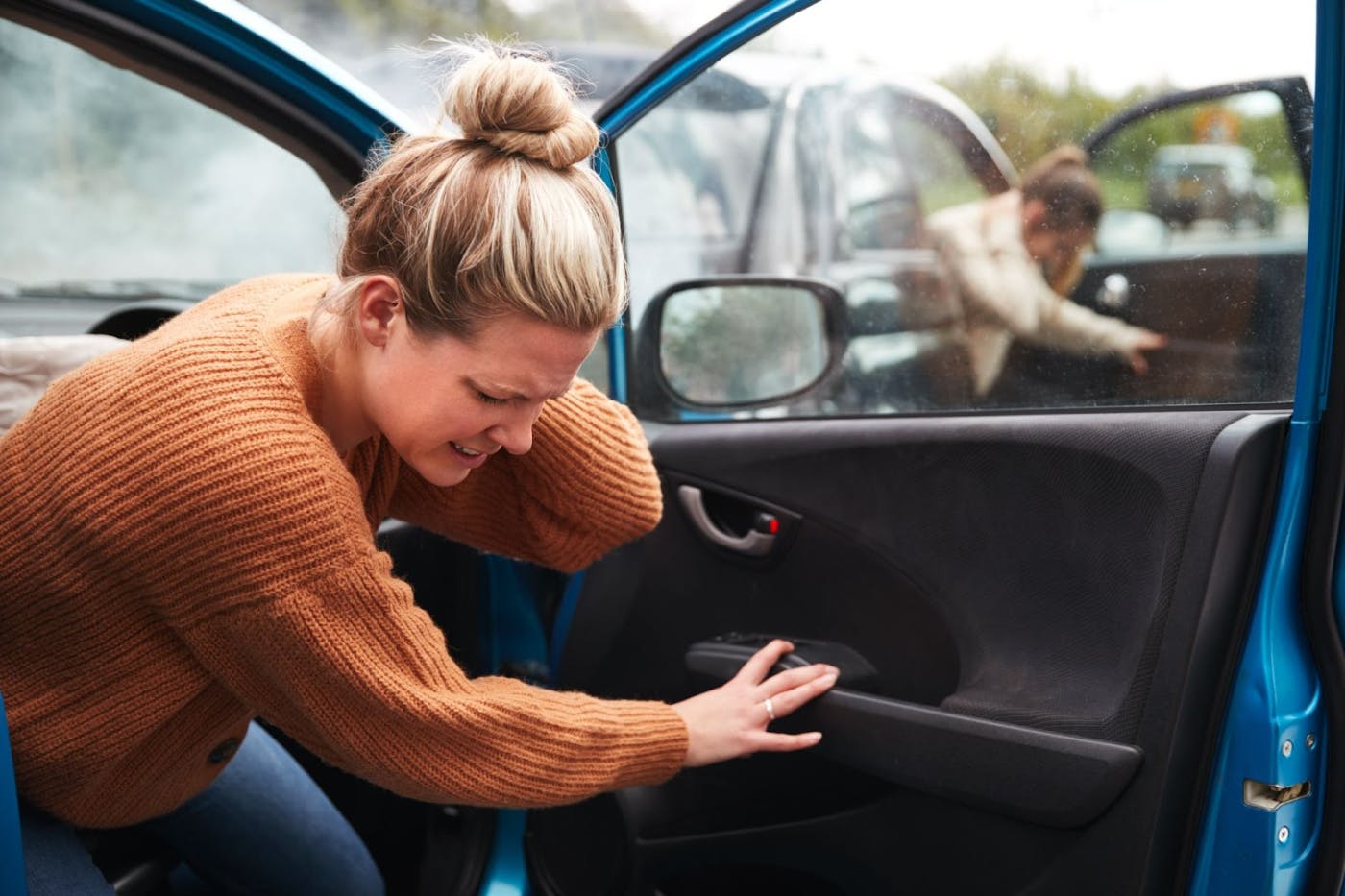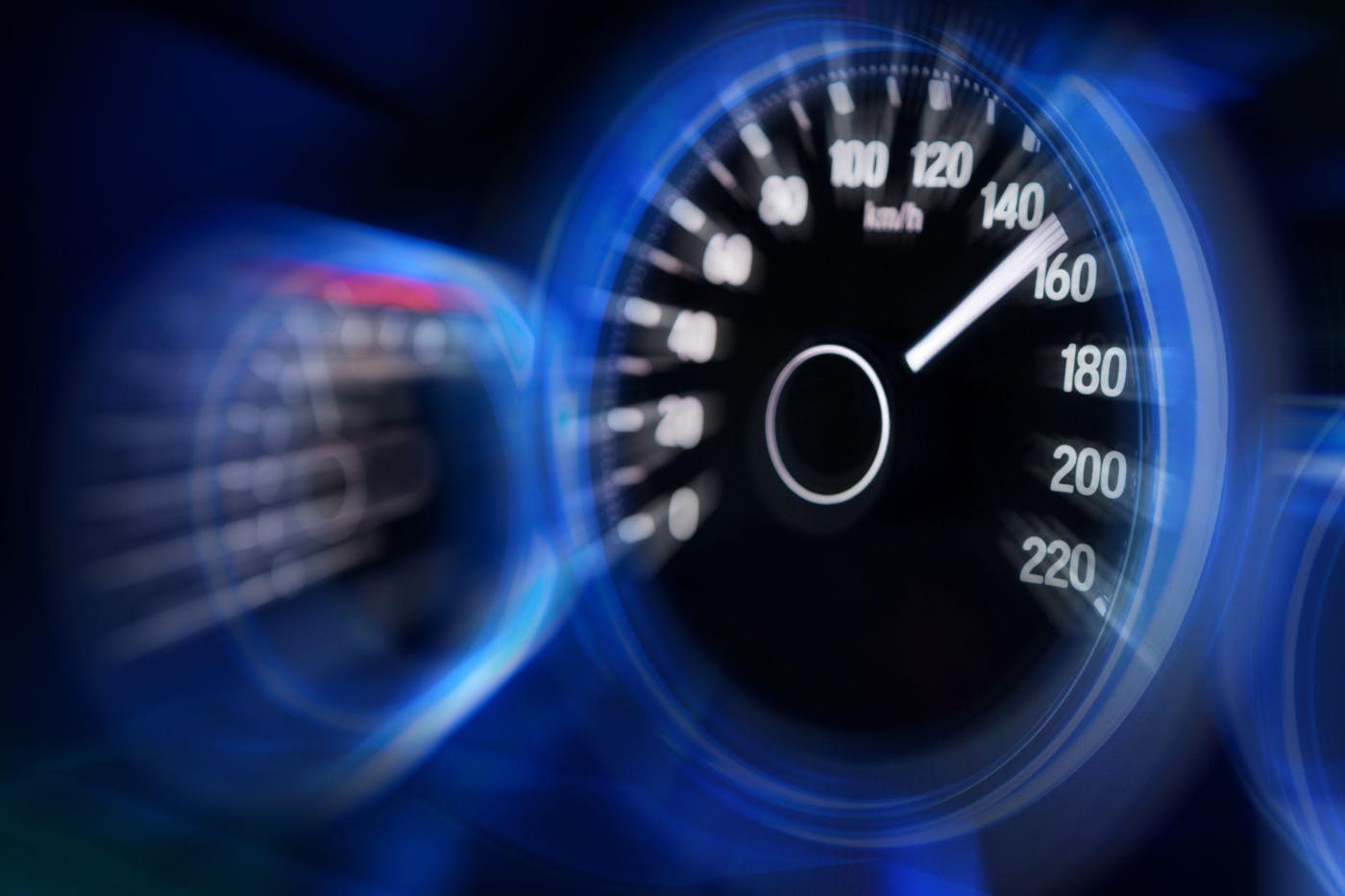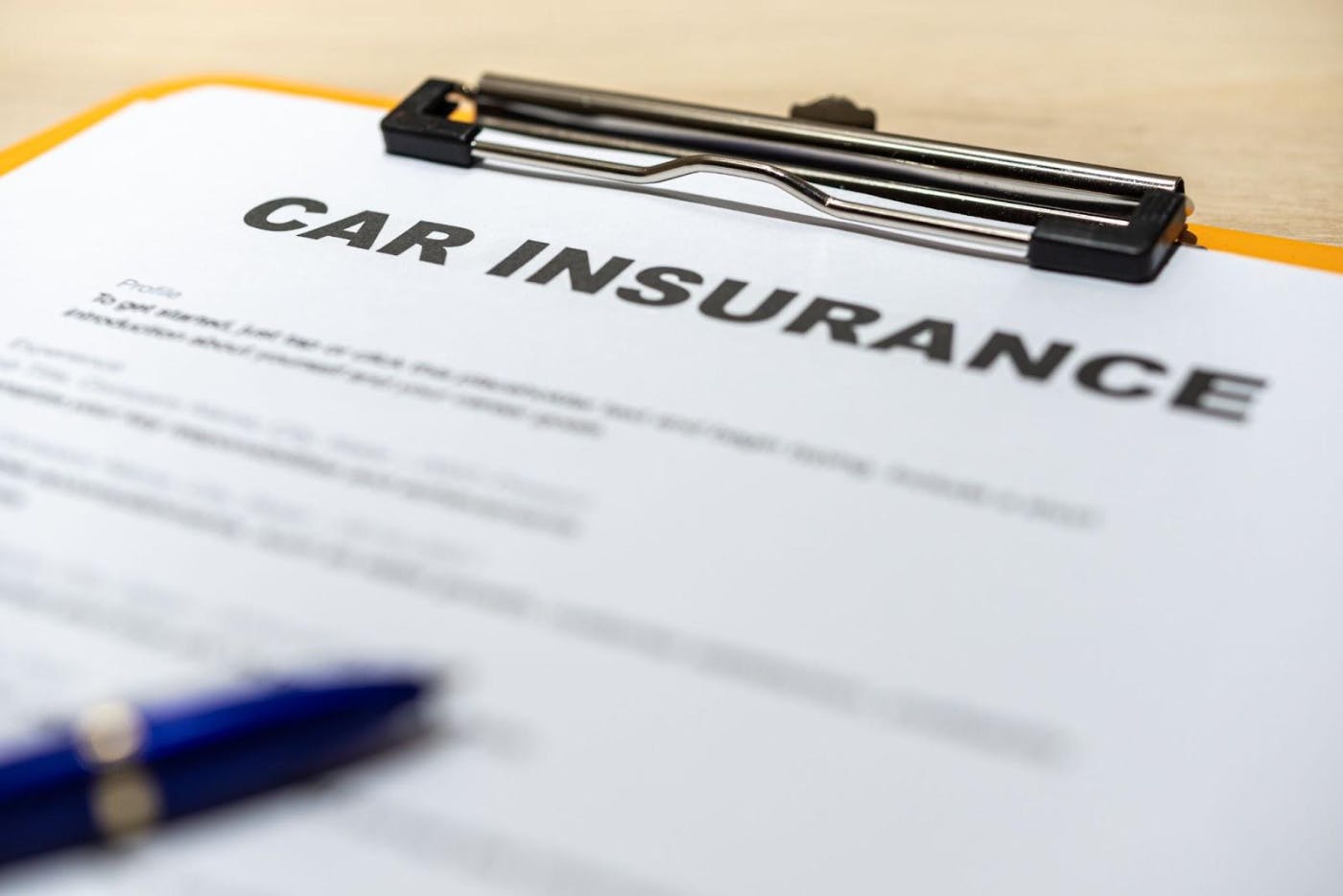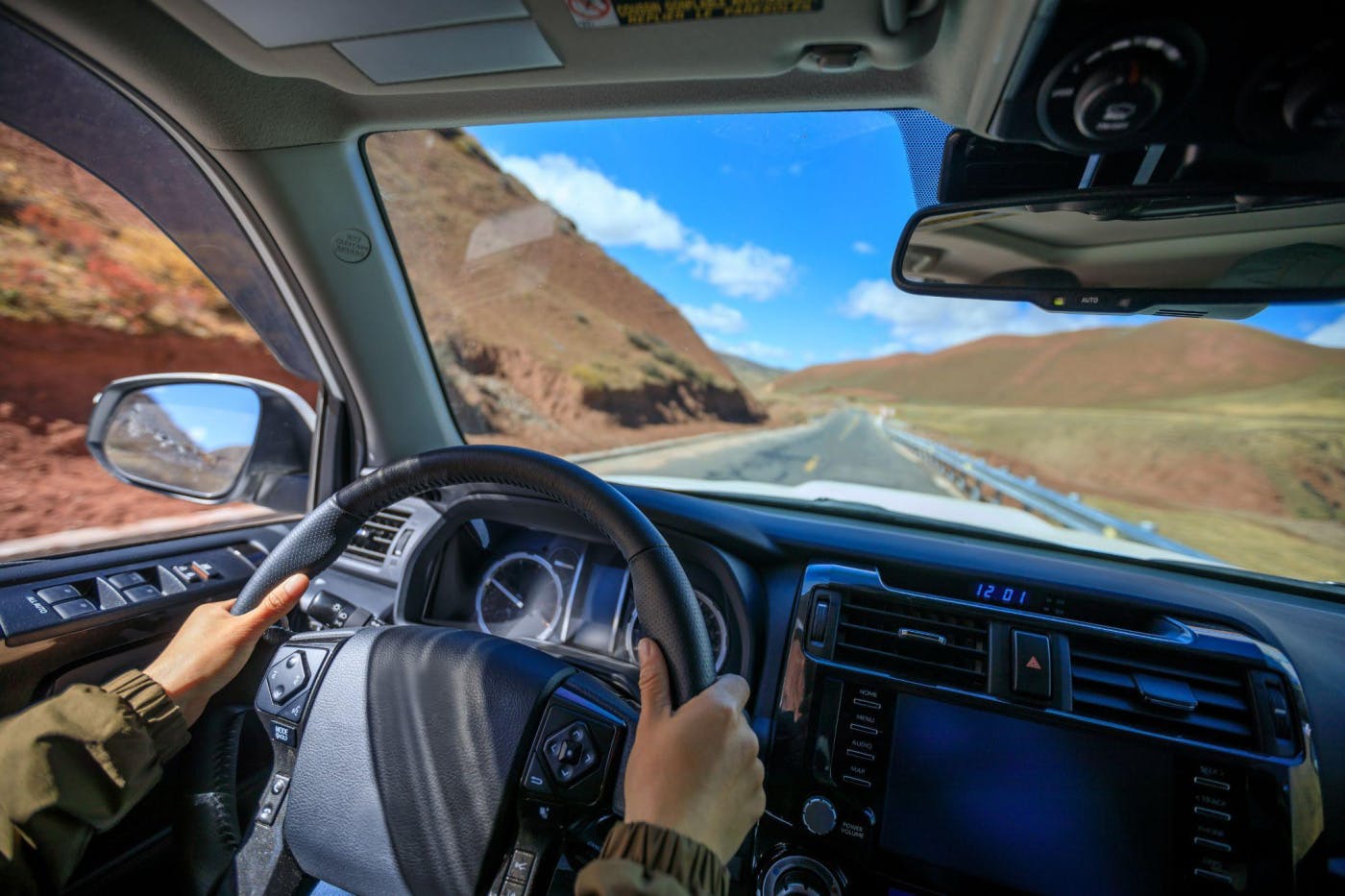Does Your Teen Driver Know What to Do After an Accident?
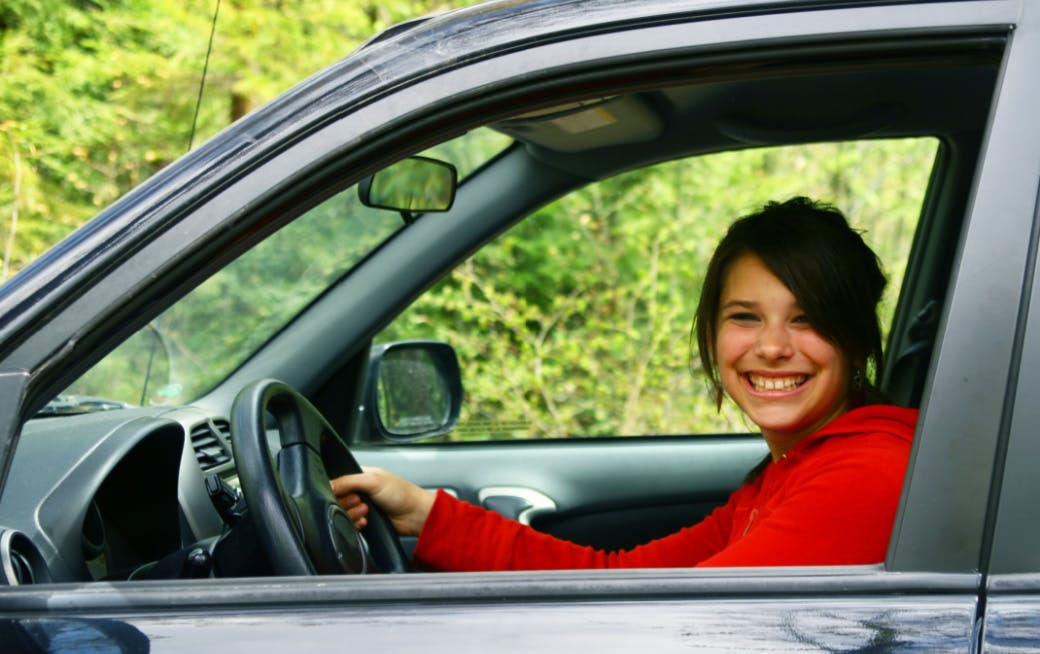
As a parent, having a teen driver in the family can be scary. After all, drivers between the ages of 16–19 are more likely to be involved in a car accident than any other age group.
There are steps you can take to help keep your teen as safe as possible on the road. But no matter how careful you are, accidents can still happen. It may not even be your teen’s fault—there are plenty of dangerous drivers of all ages out there.
That’s why it’s a good idea to make sure your teen knows what to do if they’re ever in an accident. The better prepared they are, the easier it will be for them to remain calm and protect themselves.
Plus, by educating your teen on how to respond to an accident, you can increase your chances of getting fair compensation through an insurance claim or personal injury lawsuit.
Here’s what your teen should do after a car accident.
1. Stay Calm
In a potentially dangerous situation like an accident, panicking will only make matters worse. Right away, your teen should take deep breaths, try to control their heart rate, and assess the seriousness of the accident as rationally as possible.
2. Don’t Drive Off
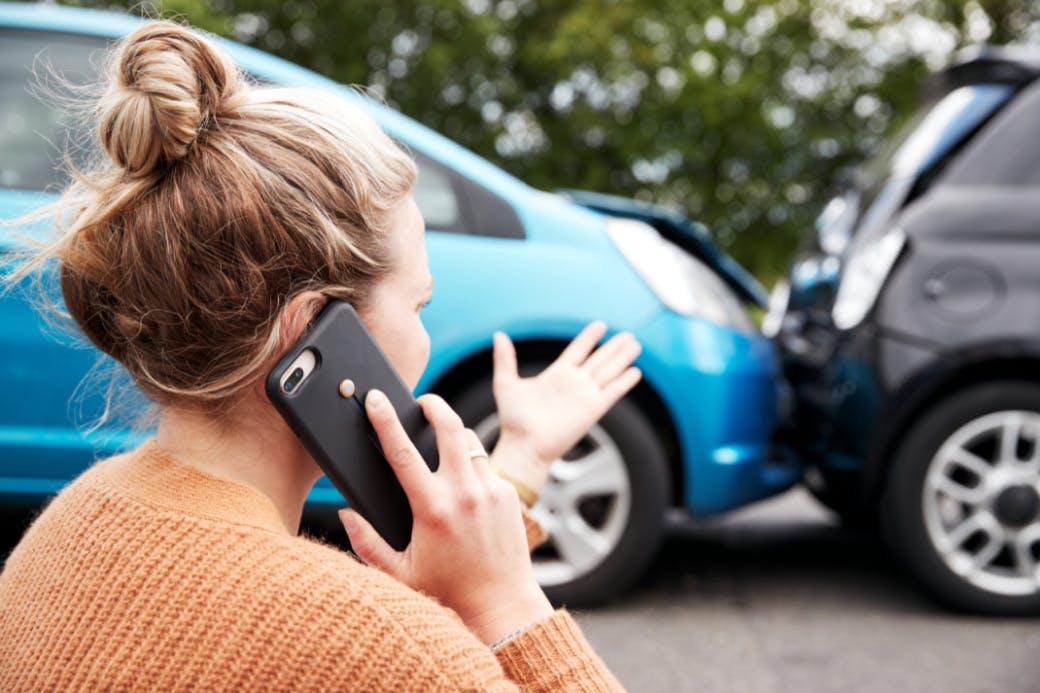
No matter who is at fault for an accident, Minnesota law requires that every driver must stop their vehicle. If your teen tries to leave the scene too quickly, they could be charged with a hit-and-run.
3. Check for Injuries
After an accident, your teen should always check to see if they—or any passengers—are injured. The shock and adrenaline of an accident can mask the pain of an injury, so someone could be hurt without realizing it.
4. Get to Safety
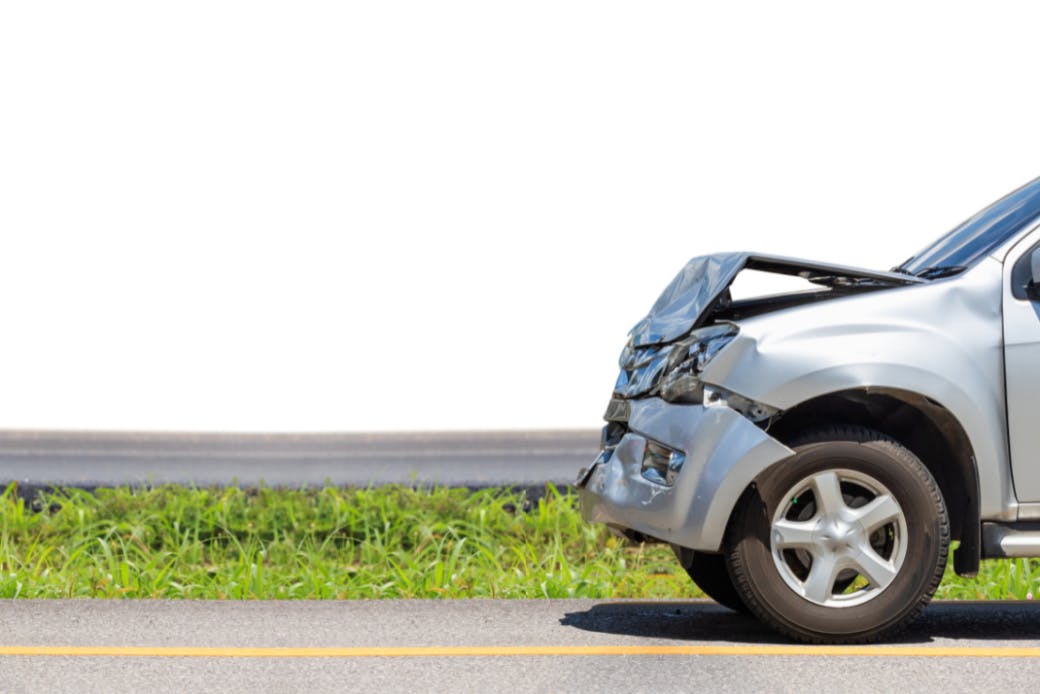
Your teen should make sure that their vehicle has come to a stop in a safe area. If not—and if the vehicle is still drivable—they can turn on their hazard lights and drive carefully out of the way of traffic. And if the vehicle is not drivable, they should still turn their hazards on.
Either way, they should get out of the vehicle if possible and move to a safe place, such as onto a sidewalk.
5. Ensure Others are Safe
Next, your teen should see if anyone else has been injured. This includes the driver of the other vehicle as well as any passengers, pedestrians, or cyclists who may have been involved.
6. Call 911
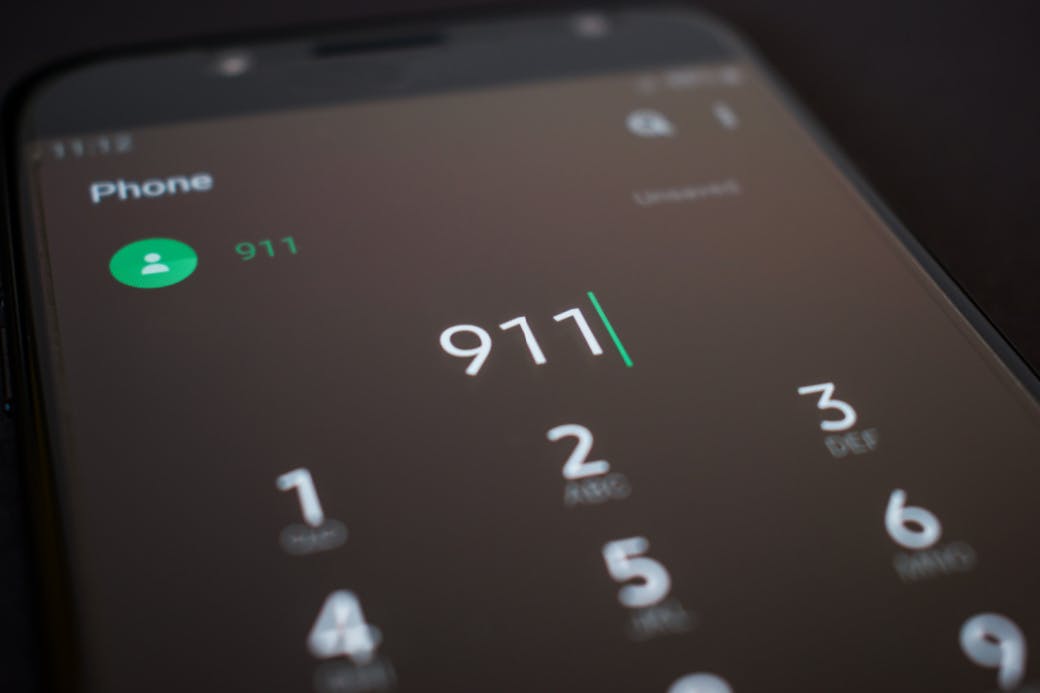
If there are injuries, they should contact emergency services right away. Even if there are no injuries, it’s still important to call 911 after an accident. Filing a record of the accident with the police can make a big difference if they end up filing a personal injury claim.
The dispatcher will ask several questions, such as whether there are any medical emergencies or ongoing traffic hazards.
7. Call A Parent
Once the 911 dispatcher lets your teen go, they can call you to explain what happened. Reassure them that everything is going to be fine, then stay on the line so you can help them through the rest of the steps.
8. Collect Information
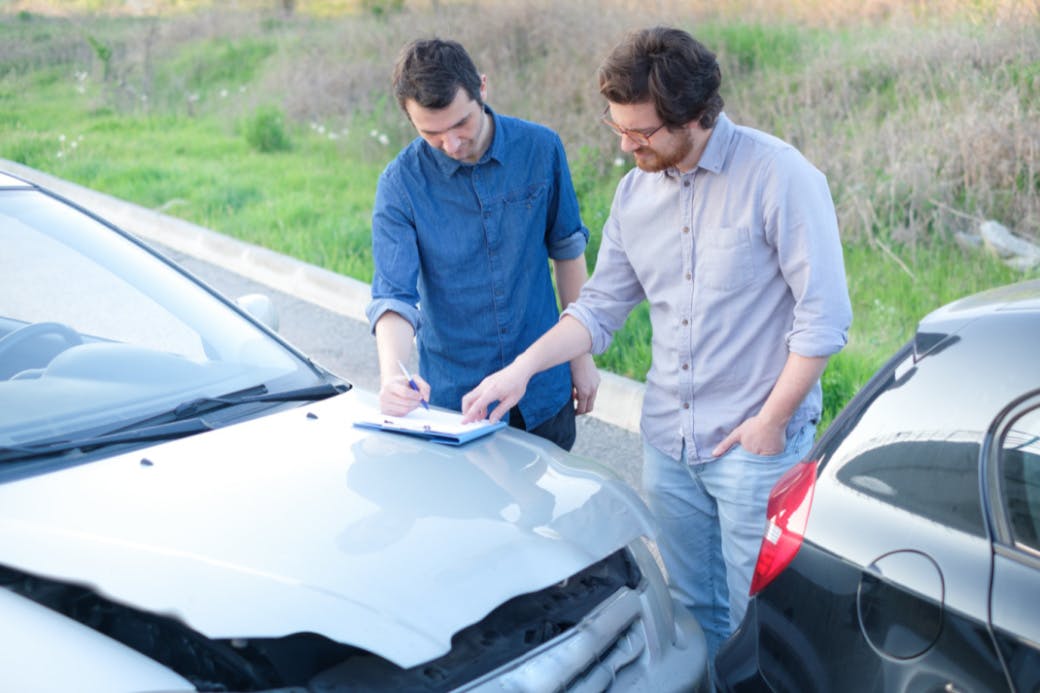
If your teen isn’t seriously injured, they should gather as much information as possible. That includes:
- Exchanging insurance with the other driver
- Recording the make, model, and license plate number of the other vehicle
- Taking photos of the accident scene, including the vehicles involved
- Jotting down the contact information of any witnesses
Have your teen ask for a copy of the police report, as well.
9. Don’t Accept Blame
No matter what happened, your teen should never say anything to other drivers or witnesses that could be interpreted as accepting blame for the accident. In fact, it’s generally best not to say anything about the accident itself to anyone but the police.
All it takes is one offhand remark to cause problems for a future legal case.
10. Seek Medical Attention
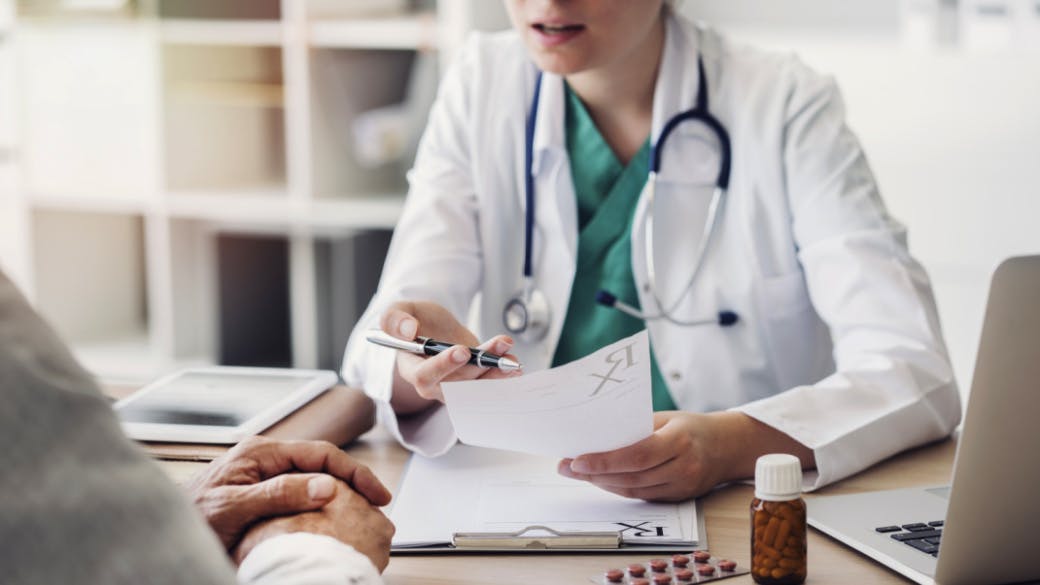
Even if your teen doesn’t think they’re injured, it’s almost always wise to see a doctor after an accident. As mentioned before, shock and adrenaline often mask pain. Plus, with some injuries, it can take hours or days before any noticeable symptoms appear.
Common examples include:
- Internal bleeding
- Traumatic brain injury
- Whiplash
If left untreated, these injuries may cause serious damage. By seeking prompt medical attention for your teen, you can reduce the potential for lasting harm.
Has Your Teen Been Involved in an Auto Accident?
If you or a member of your family has been injured in an auto accident, you may be entitled to compensation—and we can help you get it.
At SiebenCarey, we’ve helped thousands of injury victims get the compensation they need. Just contact us, and we’ll be happy to explain your rights to you.


